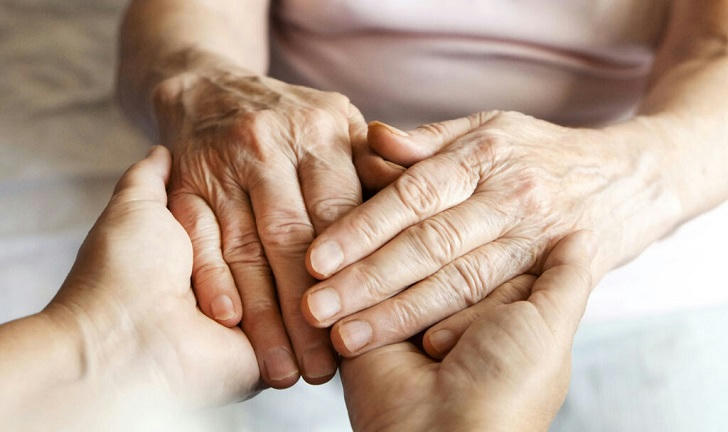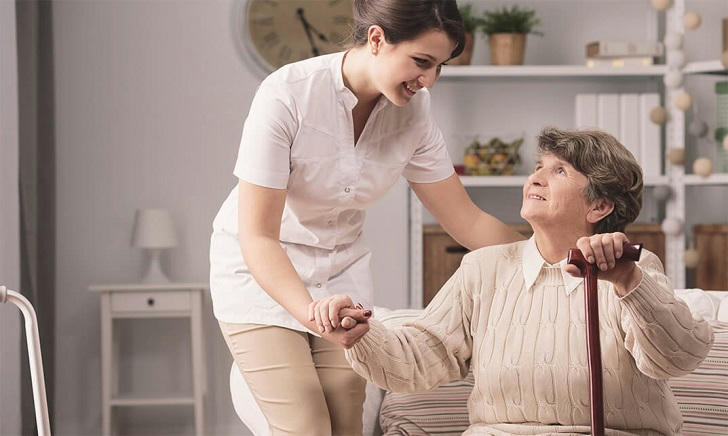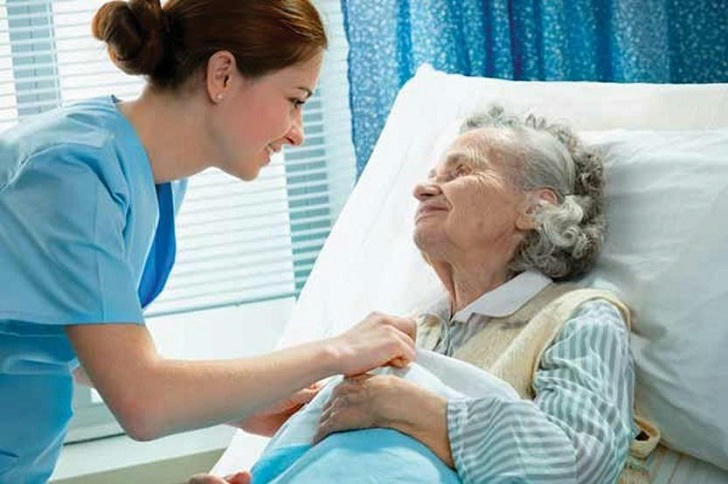Elderly care introductory course
As the global population ages, the demand for skilled caregivers continues to rise. By 2050, over 20% of the world's population will be 60 years or older. This demographic shift brings unique challenges, as older adults often face physical limitations, cognitive decline, and chronic illnesses. Elderly care is vital to ensuring seniors maintain their independence, dignity, and overall well-being. Caregivers provide not only physical assistance with daily activities but also emotional support, monitoring health conditions, and offering companionship. With the growing need for elderly care professionals, courses like the Elderly Care Introductory Course provide a solid foundation for those wishing to pursue a rewarding career in this field.

What Does an Elderly Care Introductory Course Cover?
An Elderly Care Introductory Course is designed to provide essential training for individuals seeking to care for older adults in both residential and home-care settings. These courses typically cover several important topics that are crucial for effective caregiving:
- Basic Care Skills
The course teaches caregivers how to assist with daily activities such as bathing, dressing, feeding, and mobility. The focus is on offering support while maintaining the senior's dignity and privacy. Caregivers are trained to be respectful and empathetic, understanding that these tasks are highly personal for elderly individuals.
- Health Issues in the Elderly
Seniors often experience multiple health challenges, including chronic diseases like diabetes, hypertension, and arthritis, as well as conditions such as dementia and osteoporosis. The course provides an overview of these common age-related health issues, helping caregivers understand the symptoms, treatment options, and best practices for managing these conditions.
- Fall Prevention and Safety
Falls are one of the most serious risks for the elderly. In an introductory course, caregivers learn how to reduce fall risks by removing environmental hazards, ensuring proper lighting, and using assistive devices like walkers or grab bars. Training also includes techniques for safe transfers and mobility assistance, reducing the likelihood of accidents and injuries.
- Communication Skills
Clear and effective communication is especially important when working with older adults, particularly those with cognitive impairments. The course covers techniques for communicating with seniors who may have dementia or other cognitive challenges. Caregivers learn how to speak clearly, use simple language, and pay attention to non-verbal cues like body language and facial expressions to help meet the senior's needs.
- Medication Assistance
Many elderly individuals are prescribed multiple medications to manage chronic conditions. In the course, caregivers are taught how to help seniors take their medications correctly, ensuring they follow prescribed schedules and dosage instructions. The course also covers how to monitor for any side effects or complications and when to report these to healthcare professionals.
- Emotional and Psychological Support
Caring for elderly individuals involves more than just physical care. The course also focuses on the emotional and psychological aspects of caregiving. Many seniors face feelings of loneliness, depression, or anxiety, and caregivers need to be equipped with skills to offer emotional support, provide companionship, and help seniors maintain mental well-being. Active listening, empathy, and understanding are key components of this training.
Real-Life Case Examples

Case 1: Mrs. Thompson's Fall Recovery
Mrs. Thompson, a 78-year-old woman, lived alone and had osteoporosis, a condition that weakened her bones. One day, she slipped on a rug and fractured her hip. After undergoing surgery, she was transferred to a rehabilitation center, where she received care from a trained caregiver. The caregiver implemented fall prevention strategies, such as making Mrs. Thompson's living environment safer and assisting her with mobility using a walker. The caregiver also helped her with daily tasks, including bathing and dressing, while ensuring her comfort and dignity. With the caregiver's help, Mrs. Thompson was able to regain her independence and recover fully from the fall.
Case 2: Mr. Johnson's Alzheimer's Care
Mr. Johnson, 82, had been diagnosed with Alzheimer's disease. As his symptoms progressed, his wife found it increasingly difficult to care for him. The couple hired a caregiver trained in dementia care, who was able to provide specialized support. The caregiver helped establish a routine for Mr. Johnson, which reduced his confusion and anxiety. She also used clear communication and simple instructions, which made it easier for Mr. Johnson to understand and follow tasks. This support not only improved his daily life but also provided his wife with some respite. Thanks to the caregiver's training in Alzheimer's care, Mr. Johnson's quality of life improved significantly.
Conclusion

An Elderly Care Introductory Course provides individuals with the foundational knowledge and practical skills required to provide high-quality care for older adults. With comprehensive training in essential areas like basic care, health management, fall prevention, and communication, caregivers are better prepared to meet the diverse needs of seniors. As the aging population grows, the demand for well-trained caregivers continues to rise, creating ample career opportunities in the field of elderly care.
The cases of Mrs. Thompson, Mr. Johnson, and Mrs. Roberts illustrate the importance of training in elderly care. With the right knowledge and skills, caregivers can improve the lives of seniors, helping them live more independently, safely, and with dignity. By enrolling in an Elderly Care Introductory Course, individuals can make a meaningful impact in the lives of older adults, providing them with the care and attention they deserve.
